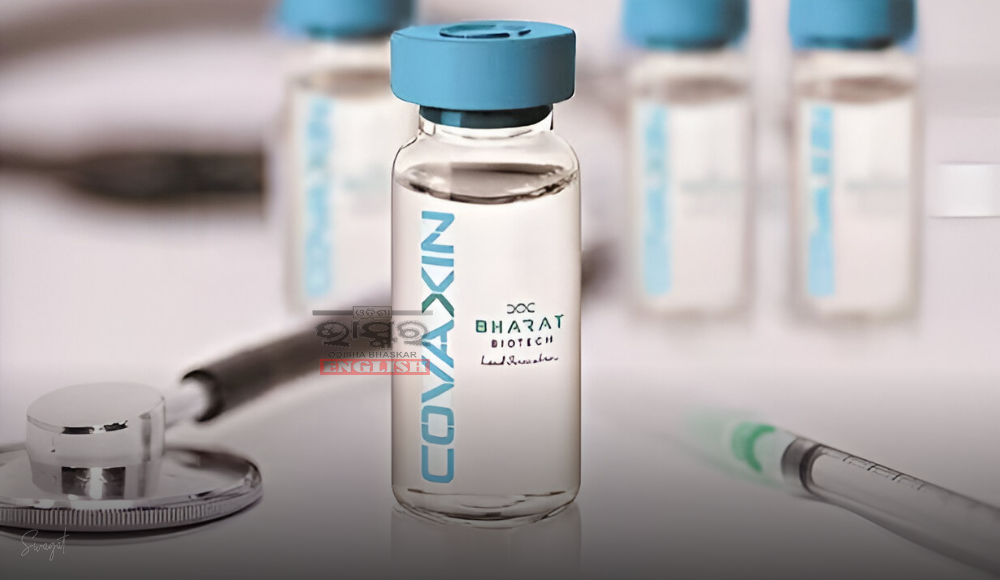New Delhi: In a follow-up study conducted by researchers at Banaras Hindu University (BHU), it has been revealed that nearly one-third of individuals who received Bharat Biotech’s COVID-19 vaccine Covaxin reported experiencing ‘adverse events of special interest’ (AESI).
The study, which was published in the journal Springer Nature, examined the long-term safety of the BBV152 vaccine in adolescents and adults over a one-year period from January 2022 to August 2023.
Out of 926 study participants, approximately 50% complained of infections during the follow-up period, with viral upper respiratory tract infections being predominant. Serious AESI, including stroke and Guillain-Barre syndrome, were reported in one percent of individuals.
The study involved 635 adolescents and 291 adults who received the BBV152 vaccine and were interviewed telephonically about long-term adverse events one year post-vaccination. New-onset skin and subcutaneous disorders, general disorders and nervous system disorders were the most common AESIs observed in adolescents, while general disorders, musculoskeletal disorders and nervous system disorders were common in adults.
Menstrual abnormalities were noted in 4.6% of female participants, with ocular abnormalities and hypothyroidism observed in 2.7% and 0.6% of participants, respectively. Four deaths were reported in adults, with stroke being the main contributor in two cases, one fatality due to post-COVID-19 rhinocerebral mucormycosis, and one death remaining unidentified in etiology.
The study emphasized the need for extended surveillance of COVID-19-vaccinated individuals to understand the course and outcomes of late-onset AESIs. It highlighted the importance of enhanced awareness and larger studies to comprehend the incidence of immune-mediated phenomena post-COVID-19 vaccination.
Factors such as female gender, pre-vaccination COVID-19, co-morbidities, and post-vaccination typhoid were associated with higher odds of persistent AESIs. Adults receiving three doses and those receiving one dose of BBV152 were at higher risk of AESIs compared to those receiving two doses of Covaxin.




Comments are closed.